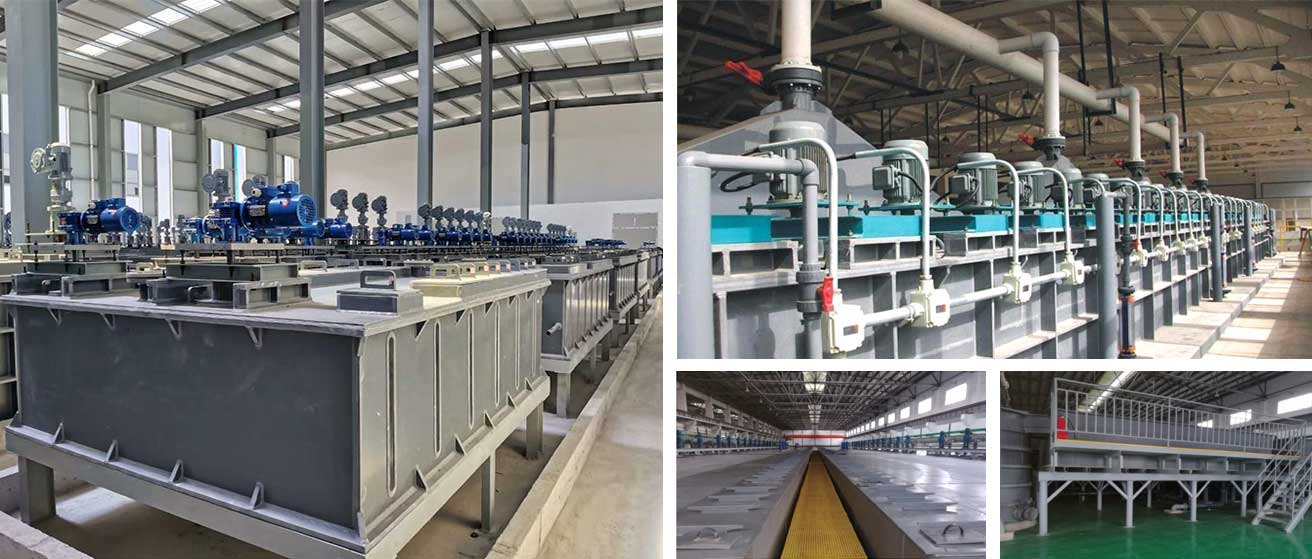In liquid-liquid extraction processes, the choice of solvent is critical to the efficiency and effectiveness of a mixer settler. Various factors related to the solvent's properties can significantly influence the separation of desired components from a mixture. Here’s how:
Polarity: The polarity of a solvent affects its ability to dissolve certain compounds. Polar solvents, such as water, tend to extract polar substances, while non-polar solvents, like hexane, are better suited for non-polar compounds. The selection of a solvent that matches the polarity of the target analyte ensures maximum extraction efficiency.
Solubility: The solubility of the desired substance in the chosen solvent is crucial. A solvent that effectively dissolves the target compounds will facilitate their transfer from the feed phase to the solvent phase in the mixer settler. Conversely, if the desired substance has low solubility in the solvent, extraction efficiency will be compromised.
Density: The density of the solvent influences the separation process. For effective phase separation, the densities of the solvent and the feed mixture should differ significantly. When the solvent is less dense than the feed phase, it will float, promoting easy separation in the settler. Conversely, if the solvent is denser, it may settle at the bottom, complicating the separation process.

Viscosity: The viscosity of the solvent affects the mixing and settling rates in the mixer settler. Lower viscosity solvents allow for better flow and faster separation, while higher viscosity solvents can slow down these processes, leading to longer residence times and potential inefficiencies.
Extraction Capacity: The solvent's ability to extract specific compounds is influenced by its chemical properties. Some solvents have a higher affinity for certain metals or organic compounds, which can enhance extraction performance. Selecting a solvent with a high extraction capacity for the target substance maximizes yield.
Thermal Stability: Solvents must maintain stability under the operating conditions of the mixer settler. If a solvent decomposes or reacts at elevated temperatures, it can affect the extraction process and lead to unwanted by-products, compromising both efficiency and product purity.
Environmental and Safety Considerations: The environmental impact and safety of the solvent also play a significant role in its selection. Solvents that are less toxic and more environmentally friendly can reduce regulatory burdens and improve workplace safety while maintaining performance.
In conclusion, the choice of solvent in a mixer settler significantly influences the extraction performance by affecting polarity, solubility, density, viscosity, extraction capacity, thermal stability, and environmental impact. Careful consideration of these factors during the solvent selection process is essential for optimizing the efficiency and effectiveness of liquid-liquid extraction in various industrial applications.